When you’re at the dentist or just listening to a toothpaste ad, you might hear the words plaque and tartar thrown around. Sure, you get that neither is a good thing for your teeth, but what is plaque vs tartar, and is it really a problem if your teeth have some of either, or both? These are important questions, and the answers can help you take much better care of your teeth. Here’s what you need to know about the difference between plaque and tartar.
What Is Plaque?
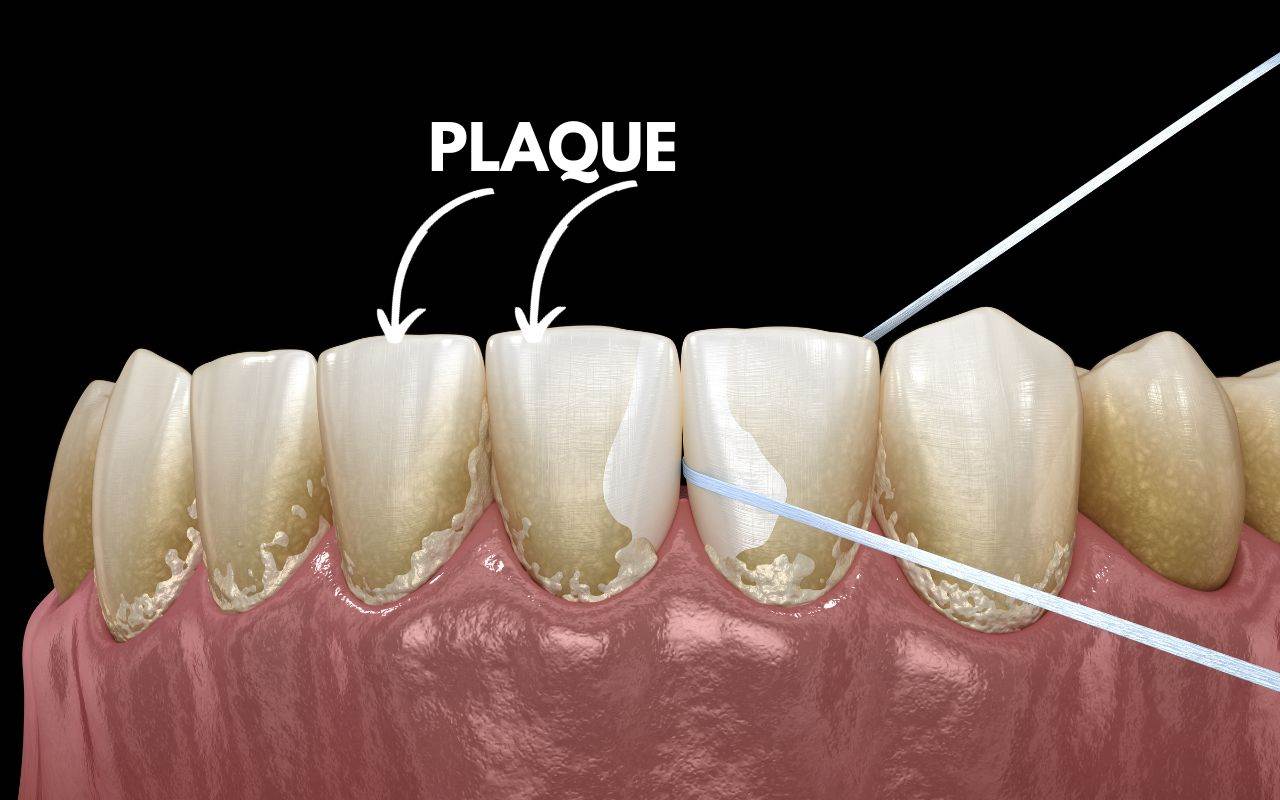
Our mouths have saliva, bacteria, and food particles in them. It can be gross to think about, but it is actually perfectly natural. There are good and bad bacteria in our mouths, which are mixed with our saliva and bits of food. It can gather in a thin film on our teeth. That is plaque.
Plaque blends in well with our teeth, but sometimes you may be able to feel it. In plaque, the food bits are fuel for the bacteria in our mouth—both good and bad. The bacteria eat the food bits and then excrete acids. Plaque is, therefore, acidic. Left to its own devices, it can start to break down the enamel of our teeth.
When you eat sugars and carbohydrates, you increase the development of plaque on your teeth. However, even if you stopped eating these foods, your teeth would still develop some plaque. No matter your diet, it is important to remove plaque.
Plaque may have other negative effects on our health. Longstanding plaque problems can contribute to the following:
- Gingivitis: This is a mild kind of gum disease. Symptoms include redness, swelling, irritation and more.
- Gum disease: This is a more advanced kind of gum disease, which involves pain, swelling, and even infection of the gum tissues which support the teeth.
- Bad breath: Plaque can harbour bad bacteria which can cause bad breath.
- Dental implant failure: Plaque can prevent your dental implant from functioning properly.
Plaque that is not removed then becomes tartar.
What Is Tartar?
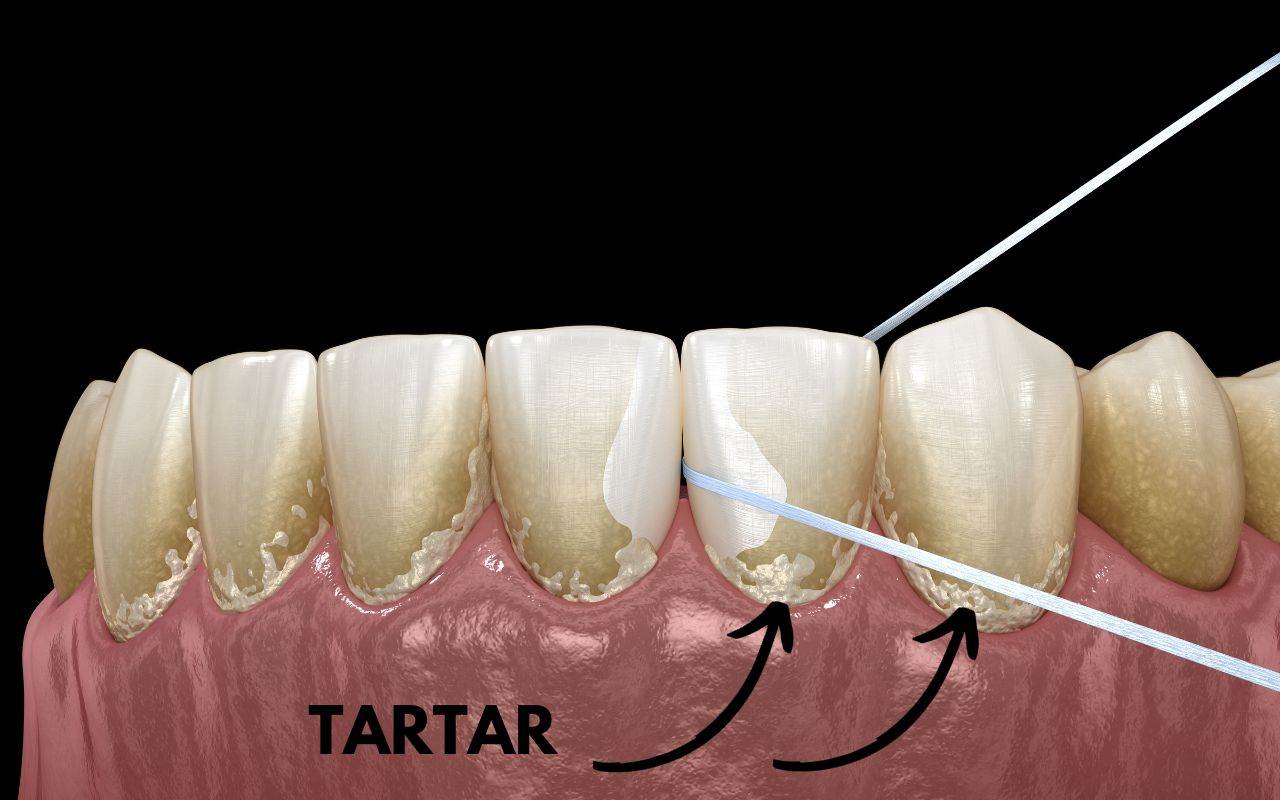
When plaque is left in place long enough, it calcifies. That means it hardens and turns into what dentists call tartar or calculus. This hardened stuff will stay permanently on your teeth until it is removed by a dental professional. It is a porous material that allows bacteria in, but it is also rough and can push back your gums or create other problems. Tartar can make brushing and flossing properly more difficult, which ends up making your oral health even worse.
If tartar is not removed, there are many things that can happen, depending on the severity of the tartar and its location:
- Pockets and gum detachment
- Gum recession
- Bone deterioration
- Tooth pain or sensitivity
- Bleeding and swelling
- Tooth mobility
- Tooth loss
- Bad breath
- Increased risk of cavities
How To Remove Plaque
The good news is that plaque, unlike tartar, can be removed at home by yourself. In fact, you must do it more than once a day. The secret is brushing and flossing properly.
Proper brushing technique includes:
- Using an electric toothbrush or a soft bristle brush
- Brushing at least twice per day
- Brushing for at least two minutes at a time
- Brushing throughout your whole mouth
- Brushing with fluoride toothpaste
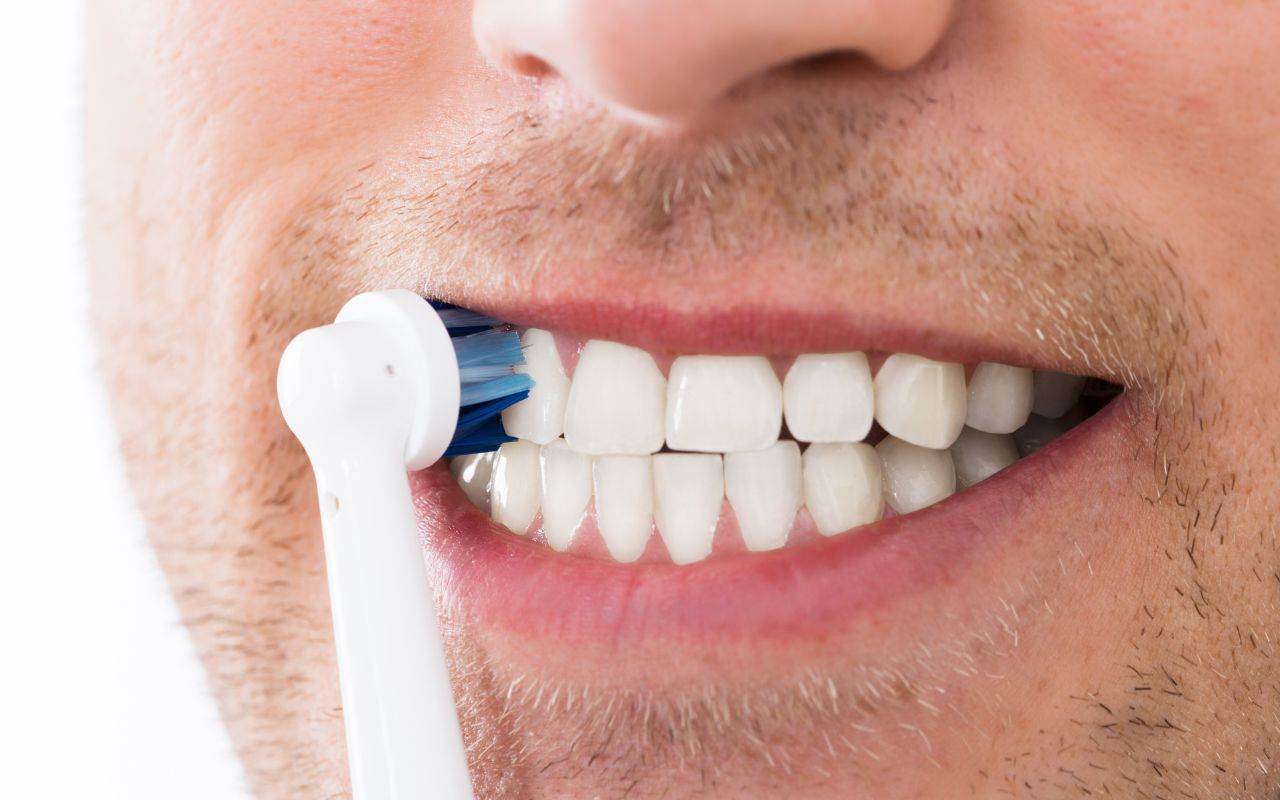
Proper flossing technique includes:
- Shaping the floss into a “C” to rest against the tooth
- Allowing the floss to dip below the gum line
- Pulling the floss gently against the gum as it comes up
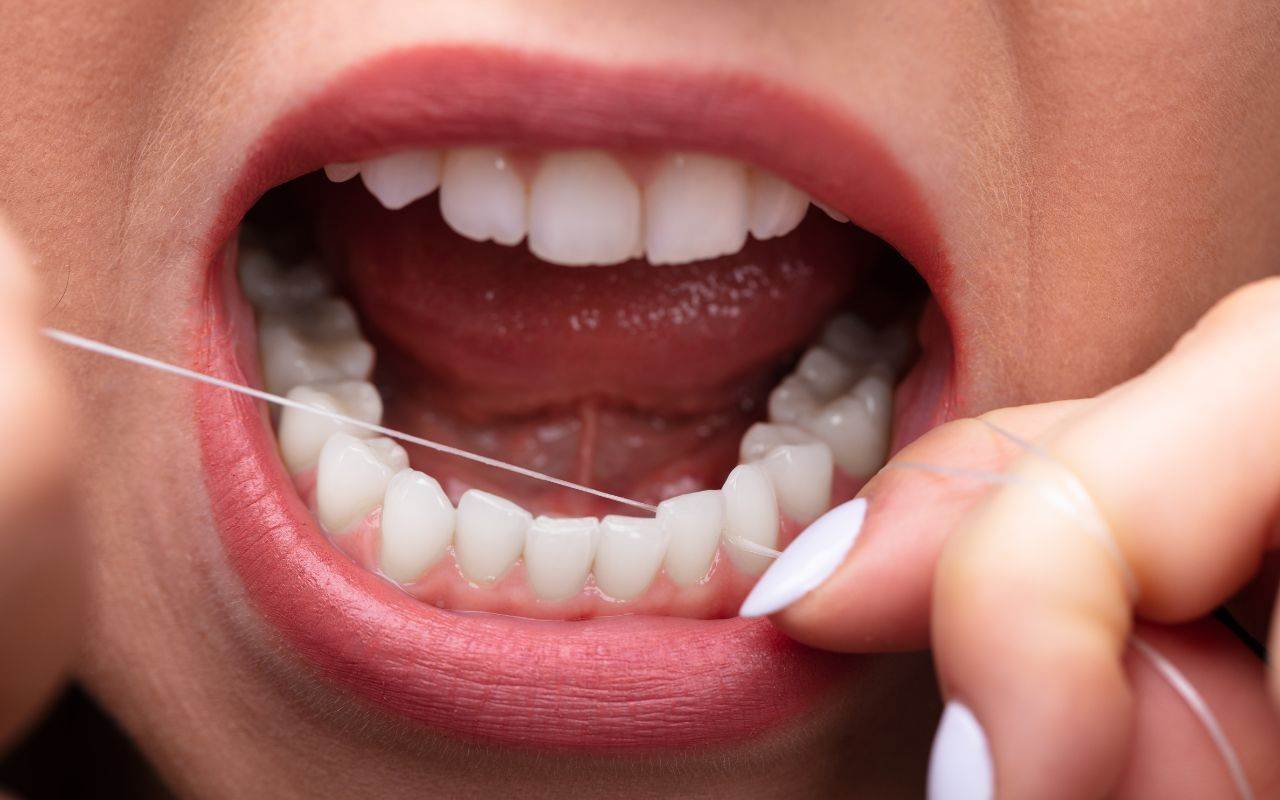
Your dentist can show you the places you might be missing when you brush or floss and help you improve your technique so that you remove plaque properly and prevent the formation of tartar.
How To Remove Tartar
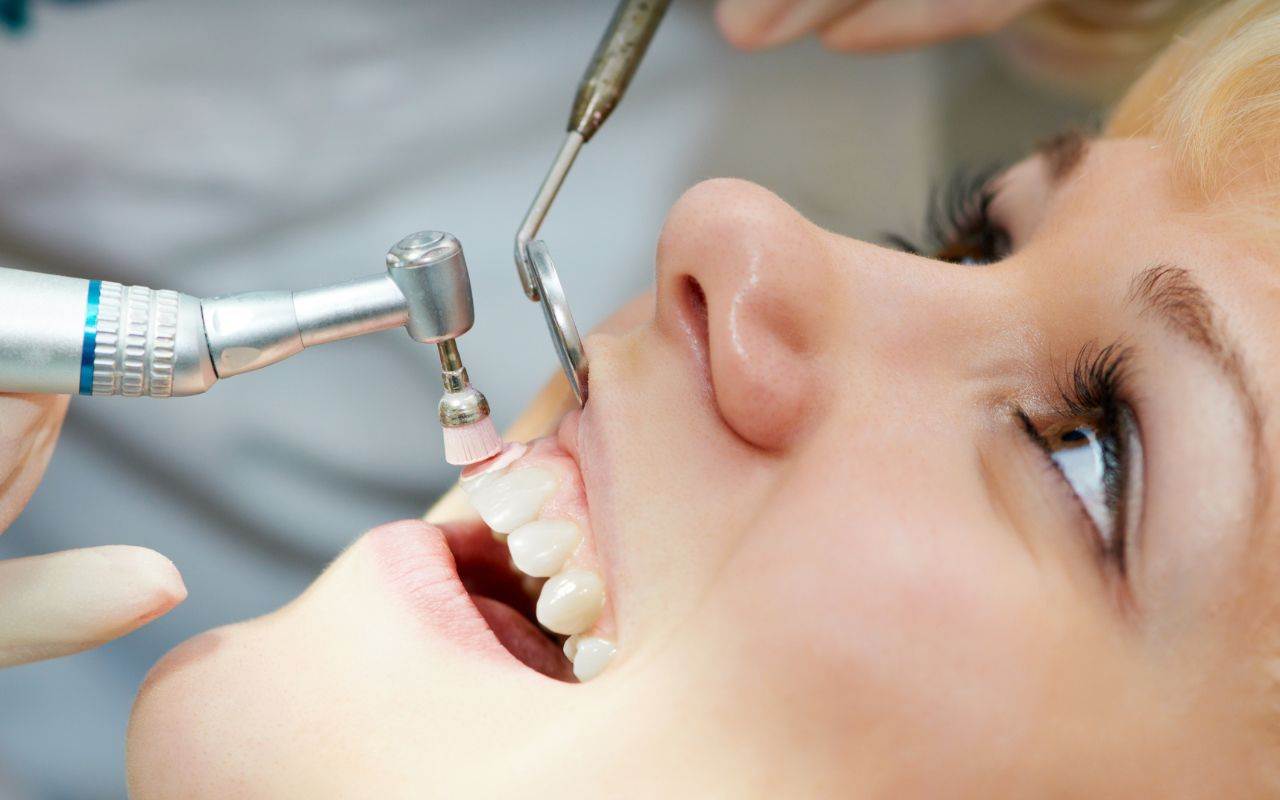
Unfortunately, once you have tartar built up on your teeth, you cannot remove it at home. It is too hard and too firmly attached to your teeth to be effectively removed by either your toothbrush or your floss. Instead, your dentist needs to remove it with professional dental tools. You will often need a series of cleanings to get the tartar off your teeth entirely and prevent the negative effects it will otherwise cause. This is especially true if you have begun to develop gum disease, or your tartar has formed periodontal pockets around your teeth.
Dental hygienists and other dental professionals who remove tartar need to use special tools to safely get it off. These include scaling tools and electric tips. You could buy these tools online, but without the proper training to use them, you could end up seriously damaging your teeth. Teeth are covered with a thin layer of enamel, and these special tools, in untrained hands, are powerful enough to scrape this enamel right off. If you strip the enamel off, you cannot get it back. This can cause serious problems with your teeth.
How To Prevent Plaque vs Tartar
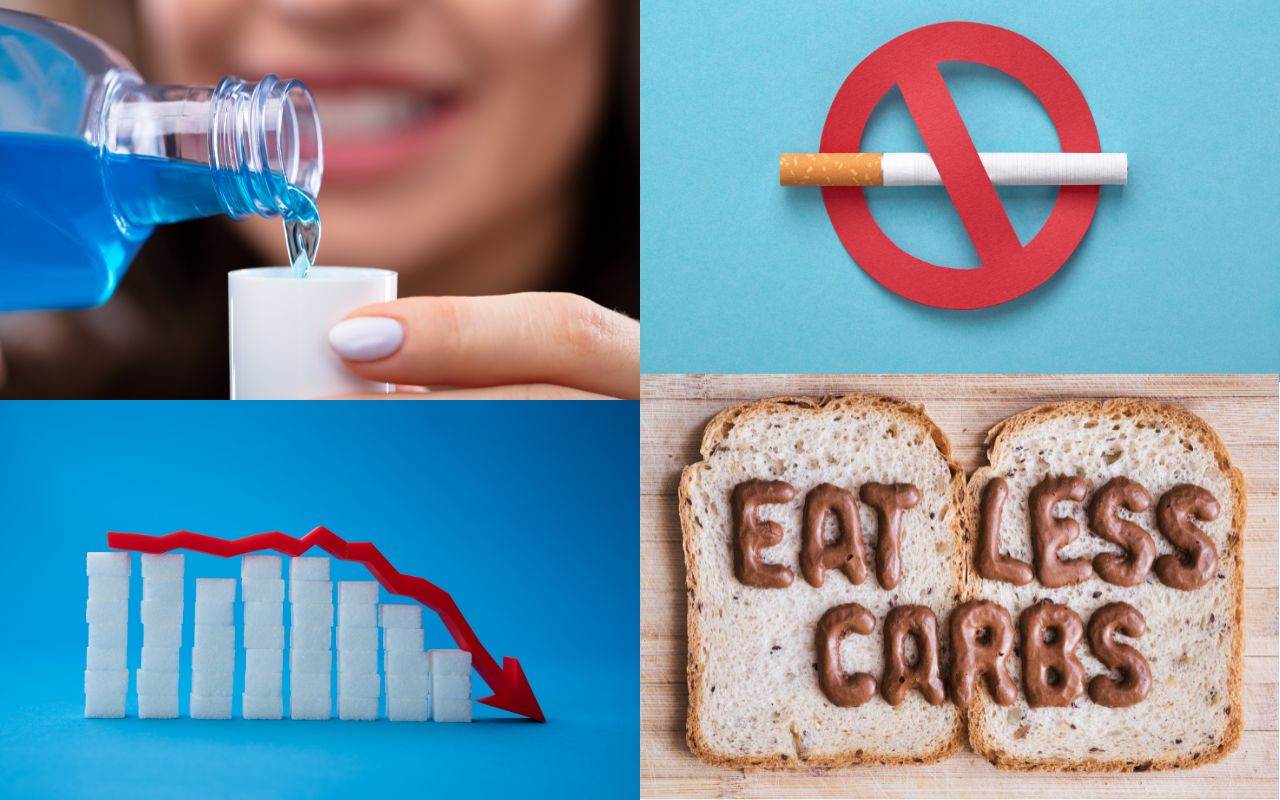
Beyond proper brushing and flossing, is there anything else that you can do in order to relieve your teeth of plaque and prevent any tartar from building up? For sure. Here are some things you can do to reduce the plaque in your mouth, which in turn will reduce the chance of tartar buildup:
- Mouthwash: An antiseptic mouthwash which kills bacteria can lower the levels of plaque your mouth develops just because there are fewer bacteria in it.
- Dietary changes: The bacteria that form with plaque feed best on sugars and carbohydrates. It’s difficult to avoid these foods entirely, but reducing your intake can help.
- Avoid smoking: Nicotine can contribute to the development of plaque and tartar.
Deal With Plaque And Tartar At Bradford Family Dentistry
The team at Bradford Family Dentistry can help you with plaque and tartar concerns. We can remove tartar and treat any gum disease you may have from it. Then, we’ll show you how to properly clean your teeth from plaque so that you do not develop these problems again.
Call today to schedule an appointment at 905-775-5307 or click here to request an appointment.
